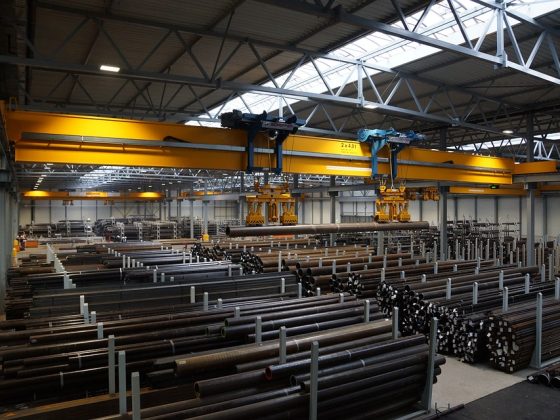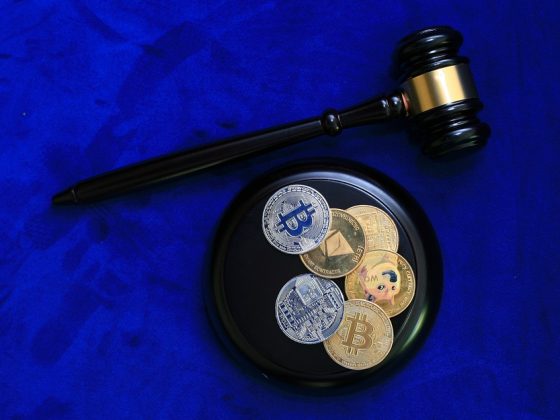Small businesses are often the lifeblood of local economies, playing a vital role in driving economic growth and creating job opportunities. As we enter 2021, small businesses are expected to be at the forefront of leading the way towards economic recovery and growth in the aftermath of the global pandemic.
The COVID-19 pandemic has had a significant impact on businesses of all sizes, with many small businesses being hit the hardest. Lockdowns, social distancing measures, and reduced consumer spending have forced many small businesses to close their doors permanently or to significantly reduce their operations. However, as the world begins to emerge from the crisis, small businesses are poised to play a crucial role in rebuilding economies around the world.
Here are some reasons why small businesses are expected to lead economic growth in 2021:
1. Adaptability and innovation: Small businesses are known for their ability to adapt quickly to changing market conditions and customer preferences. In response to the pandemic, many small businesses have pivoted their business models to focus on e-commerce, delivery services, or other innovative solutions. This adaptability and innovation will be key in driving economic growth in the coming year.
2. Job creation: Small businesses are the largest source of job creation in many countries. As small businesses grow and expand, they create new job opportunities and contribute to lowering unemployment rates. With many people still out of work due to the pandemic, the expansion of small businesses will be crucial in providing much-needed employment opportunities.
3. Local economic impact: Small businesses play a vital role in supporting local economies by keeping money circulating within the community. When consumers support small businesses, they are also supporting local suppliers, service providers, and other businesses that contribute to the economic vitality of the community. This ripple effect is essential for sustained economic growth.
4. Entrepreneurship and creativity: Small businesses are often started by entrepreneurs who bring fresh ideas and creative solutions to the market. These entrepreneurs are willing to take risks, think outside the box, and challenge the status quo. In doing so, they drive innovation, competition, and ultimately economic growth.
5. Government support: Governments around the world have recognized the importance of small businesses in driving economic recovery and have implemented various support programs to help small businesses survive and thrive. From financial assistance to tax breaks to regulatory relief, governments are working to create a favorable environment for small businesses to grow and create jobs.
As small businesses take center stage in leading economic growth in 2021, it is important for policymakers, consumers, and other stakeholders to support and invest in small businesses. By doing so, we can help small businesses recover from the impact of the pandemic and lay the foundation for a resilient and vibrant economy in the years to come.
—
FAQs:
Q: How can consumers support small businesses in 2021?
A: Consumers can support small businesses by shopping locally, choosing small businesses over big corporations, and spreading the word about their favorite small businesses to friends and family.
Q: What role do small businesses play in job creation?
A: Small businesses are the largest source of job creation in many countries. As small businesses grow and expand, they create new job opportunities and contribute to lowering unemployment rates.
Q: Why are small businesses important for local economies?
A: Small businesses play a vital role in supporting local economies by keeping money circulating within the community. When consumers support small businesses, they are also supporting local suppliers, service providers, and other businesses that contribute to the economic vitality of the community.
Q: How can governments support small businesses in 2021?
A: Governments can support small businesses by providing financial assistance, tax breaks, regulatory relief, and other forms of support to help small businesses survive and thrive in the post-pandemic economy.











